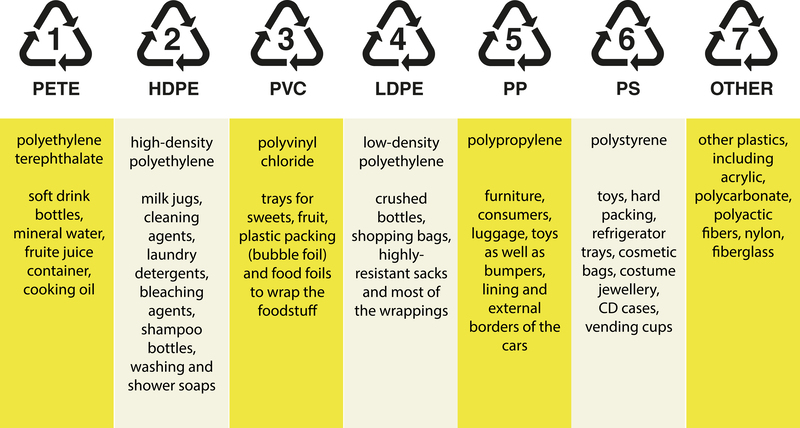Habits to Minimize Single-Use Plastic
Posted on 30/05/2025
In a world where environmental sustainability is becoming increasingly crucial, it's important to recognize the deleterious effects of single-use plastics. These disposable items, from grocery bags to plastic straws, accumulate in landfills and oceans, contributing immensely to pollution and posing threats to wildlife. The good news is that you can make a difference by adopting some practical habits to minimize your use of single-use plastics. Here, we explore several strategies to help you lead a more sustainable lifestyle.
Understanding Single-Use Plastics
Single-use plastics encompass any plastic item intended to be used once and then discarded. Common examples include plastic bags, water bottles, cutlery, straws, and food packaging. Despite their convenience, these items take hundreds of years to decompose, releasing harmful chemicals during their breakdown process.
The environmental impact extends beyond pollution. The production process of single-use plastics involves the consumption of significant amounts of fossil fuels, contributing to greenhouse gas emissions and exacerbating climate change.

Adopt a Reusable Mindset
The first step to minimizing single-use plastic is to adopt a reusable mindset. Start by replacing disposable items with durable, reusable counterparts. Here are some straightforward swaps:
- Reusable bags: Always carry a few reusable grocery bags when shopping. Many stores now offer discounts for customers who bring their bags.
- Water bottles: Invest in a high-quality stainless steel or glass water bottle. Not only are these better for the environment, but they also keep your beverages at their desired temperature for longer.
- Travel mugs: Take a reusable coffee cup to your favorite coffee shop. Some cafes even provide discounts for customers who bring their own mugs.
- Metal or bamboo straws: Replace plastic straws with reusable metal, bamboo, or silicone straws, which are easy to clean and carry.
- Reusable cutlery: Consider carrying portable metal or bamboo cutlery sets for meals on the go.
Shop Smartly
Being mindful of your shopping habits can significantly reduce your single-use plastic consumption:
- Buy in bulk: Purchase items like grains, nuts, and spices in bulk to reduce packaging waste. Many stores now offer bulk sections where you can bring your own containers.
- Choose loose produce: Avoid pre-packaged fruits and vegetables. Bring your reusable produce bags to the market.
- Opt for glass or paper packaging: When available, choose products packaged in glass or paper instead of plastic.
DIY Household Products
Making your own household products is not only cost-effective but also helps minimize single-use plastic:
- Cleaning products: Simple ingredients like vinegar, baking soda, and essential oils can create effective and eco-friendly cleaning solutions. Store these in glass spray bottles.
- Personal care items: DIY beauty products such as face masks, scrubs, and lotions can be made using natural ingredients. Store them in reusable glass containers.
Mind Your Takeout
Ordering takeout and delivery can lead to a substantial amount of single-use plastic waste. Here's how to make more eco-friendly choices:
- Bring your containers: When dining out, bring your reusable containers for leftovers.
- Request zero plastic: Politely ask the restaurant to minimize plastic use and avoid plastic cutlery, straws, and single-use condiment packets.
- Support eco-friendly restaurants: Choose eateries that use sustainable packaging and offer environmentally friendly practices.

Advocate and Educate
Raising awareness about the importance of reducing single-use plastics can amplify your efforts:
- Start conversations: Discuss the issue with friends, family, and coworkers to spread awareness.
- Use social media: Leverage social media platforms to share tips and information on reducing single-use plastics.
- Support policies: Support legislation and policies aimed at reducing plastic waste. Contact your local representatives to express your concerns.
Conclusion
While it might seem daunting to overhaul your consumption habits, small, consistent changes can collectively make a significant impact on reducing single-use plastics. By adopting a reusable mindset, shopping smartly, making DIY products, being mindful of takeout practices, and advocating for sustainability, you can help combat plastic pollution and promote a healthier planet for future generations.
Latest Posts
Essential Tips for Managing Organic Waste






